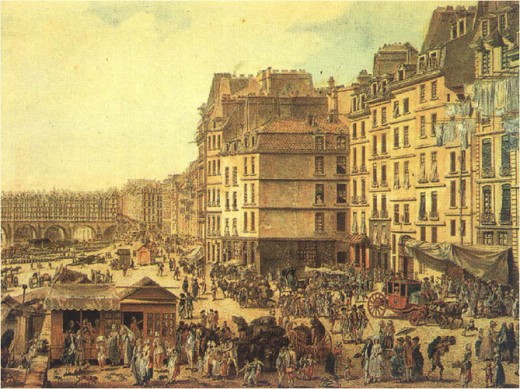Call for Papers
International conference
New Europe College Institute for Advanced Study, Bucharest, Romania
21-22 November 2014
Contact: veronica.lazar@yahoo.com
Marxist thought used to regard 17th and 18th century French and English materialism (from Bacon to Holbach) as constitutionally unable to think history, apprehending “matter” only as physical nature, organized according to eternal laws of motion and composition, and never as praxis – the capacity that human beings may have to produce their own history under certain material conditions. The new (social and historical) materialism that Marxism intended to develop would then be dialectically opposed to this mechanicist materialism. The aim of the present conference is to question this Marxist thesis of a radical split between the two materialisms, not by actually turning it on its head, but by drawing attention to other textual sources from the Enlightenment – theories of history, works of political philosophy or political economy, etc. – in order to identify some of the elements that indirectly fed what we now call ‘historical materialism’.
Private vices, public virtues: Mandeville’s maxim, which replaces the individual quest for redemption with a collective interest little concerned with virtue, announces an 18th century innovation which would have no less impact on ethical models than on the categories of political thought. What can be traced from here is the emergence of a new image of collective being, namely society. And it’s mainly because of one form or another of thinking about economy that, in the second half of the century, particularly in France and Scotland, a notion of society would develop, construing it as an autonomous, immanent entity, governed by its own principles and regularities, irreducible to the interventions of providence and transcending the actions of individuals. What we broadly call today economy would then function as a privileged medium in which society would develop and reveal itself as a new synthesis.

